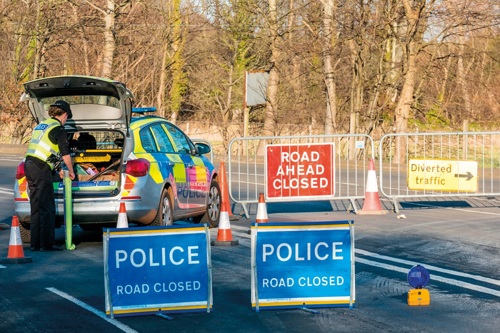

More than a fifth of fatal and serious traffic collisions could be prevented if one of the vehicles involved was autonomous, according to analysis published by the Transport Research Laboratory.
Join other savvy professionals just like you at CIHT. We are committed to fulfilling your professional development needs throughout your career

The research looked at UK Road Accident In-Depth Studies (RAIDS) and vehicle fleet data to estimate the effect on collisions of introducing level four automated cars among conventional human driven traffic.
It says that 650 fatal and serious injury collisions could be prevented annually by 2040 if between 8% and 19% of the total car fleet was self driving. It also suggests that, in this scenario, there would be a 10% reduction in collisions at junctions and those involving vulnerable road users, and 12% fewer single vehicle ‘run off road’ incidents.
“Our analysis suggests the introduction of automated vehicles to our roads is likely to bring the biggest change in road safety since the introduction of the seatbelt,” said TRL Academy director Richard Cuerden.
“However, more data is needed to build a more in depth and robust view of future collisions and opportunities for improving occupant protection,” he emphasised.
TRL says its methodology provides insight into the possible impact of automated vehicles on collisions, but notes there is currently a lack of publically available data about the technology’s behaviour in these scenarios.
Richard Cuerden urged vehicle manufacturers and technology providers to come together to develop an aggregate data set that gives a clearer picture of expected automated vehicle uptake, and their collision rates.
“It is also essential to ensure the right high tech expertise is in place to investigate collisions that involve automated vehicle technologies so that lessons can be learned as quickly as possible to determine how improvements can be made in the future,” he said.
(Photograph: Sally Anderson News - Alamy)
Join other savvy professionals just like you at CIHT. We are committed to fulfilling your professional development needs throughout your career
{{item.AuthorName}} {{item.AuthorName}} says on {{item.DateFormattedString}}: